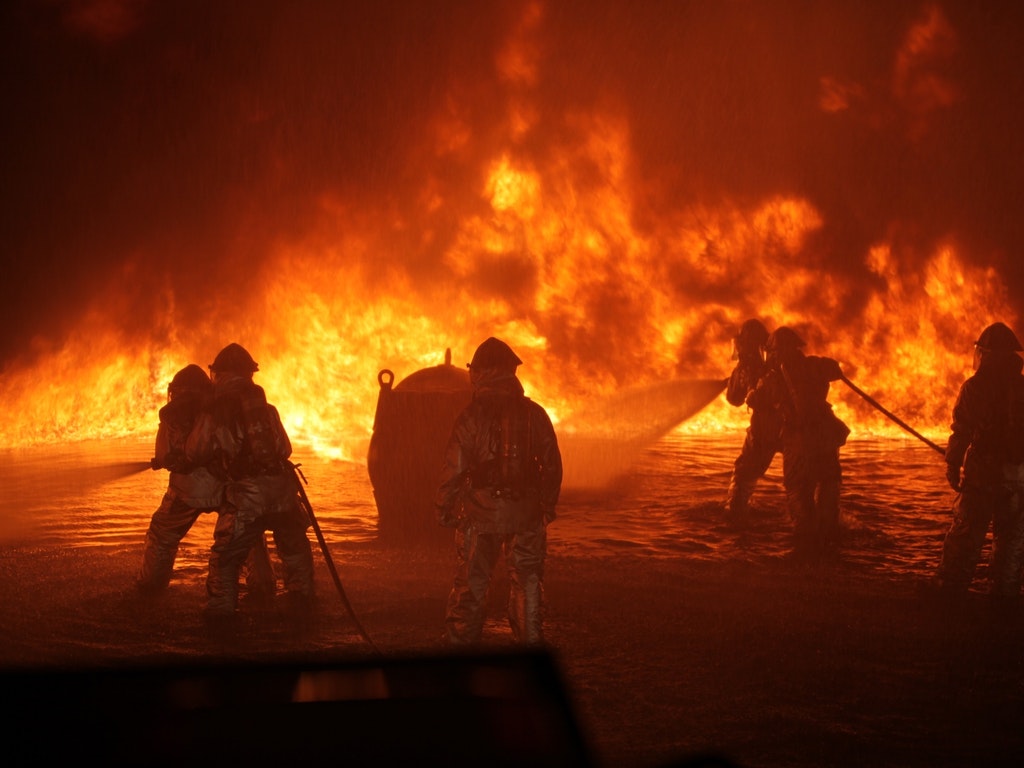2 Mins Read
The Arctic is currently experiencing the worst wildfire season since records began, with enormous blazes producing 50 mega-tonnes of smoke that is visible even in space. More than 100 wildfires are burning across Greenland, Siberia and Alaska, and in vast regions of Russia.
Since the beginning of the hottest June on record, the Arctic circle has suffered from “unprecedented” fires, as described by the United Nations’s World Meteorological Organisation (WMO). Greenhouse gases and smoke from the most severe fires in Siberian cities, believed to have been sparked by lightning, have caused the air quality to nosedive in the country. The days-long blazes in Greenland followed extremely dry and hot weather that caused ice sheets to melt a whole month earlier than normal. In Alaska, 400 fires have been reported, burning a whopping 2.06 million acres of land.
According to Thomas Smith, an environmental geographer at the London School of Economics, that these recent Arctic wildfires are of a new satellite record-breaking magnitude. To put this into picture, the fires in June alone have emitted as much carbon emissions as Sweden does in an entire year.
“These are some of the biggest fires on the planet, with a few appearing to be larger than 100,000 hectares,” said Smith.
The severity of the recent wave of Arctic circle fires shows that we need to take climate action now. The planet is literally on fire – extreme conditions are not just being felt in the Arctic. New York has only recently emerged from a heatwave that threatened the city’s core infrastructure, leaving over 46,000 of its inhabitants without power, and Europe continues to survive a sweltering summer. According to Switzerland-based Crowther Lab, 80 percent of the planet’s cities will undergo dramatic climate shifts, such as extreme rainfall, droughts and frequent natural disasters, by as early as 2050.
This is a climate crisis that warrants drastic measures – it is no longer business as usual. We cannot ignore the effects of our pollution, degradation and carbon footprint on our planet. We have to make significant changes in our everyday lifestyles, and companies have to step up and start adopting a circular economy philosophy centered on reducing waste and recycling and reusing resources.
Lead image courtesy of Pexels.




